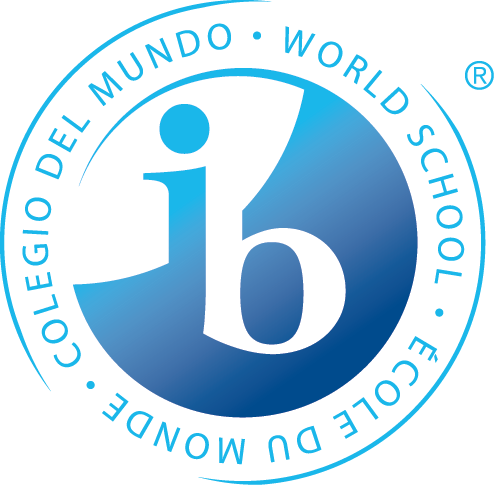Three UN Sustainable Development Goals integrated into the daily work of the kitchen team

Grøn køkkenrejse på Kostskolen
“37 kg of cod from Bønnerup. Thursday is fish day,” says Thomas Andersen, head chef at Grenaa Gymnasium’s Boarding School. “They look great,” he adds, admiringly lifting one of the fillets.
Thomas Andersen joined as head chef in 2021. He leads a kitchen team consisting of four cooks, three nutritional assistants, and four kitchen staff. Together, they prepare main meals and snacks for 240 boarding students, the gymnasium’s canteen, and the teachers’ lunch buffet, in addition to special events like graduation dinners.
Together with the head of the boarding school, Thomas Stenumgaard Lind, and his kitchen team, he has embarked on a green transition. This involves, among other things, making meals more plant-based. “Our goal is for students to get 80% of their energy from plants and 20% from animal products in their daily meals. Today, the distribution is 70/30,” he explains.
Read more about meals at the Boarding School
The carbon footprint
However, that’s not all. The origin and transportation of raw materials must also be considered in terms of pollution and carbon footprint. Thomas Andersen explains that when he orders raw materials, the wholesalers specify the individual products’ carbon footprint. “We may not be able to do without tomatoes in the winter. But tomatoes from Spain are okay if they are transported here by truck.
On the other hand, we can easily do without asparagus from for example Peru. We should have asparagus when it’s in season here, and it’s clear that the more local ingredients we can use, the better.” The head chef notes that more and more people are producing lentils and legumes in Denmark, including in Djursland.
What do the students think?
But what do the boarding school students think about being subjected to a green transition? After all, change can be met with resistance. Thomas Andersen says that when the students were presented with the kitchen’s intentions, some of them had objections.
However, he stopped talking about and highlighting the vegetarian dishes. Now they just serve the food without distinguishing between vegetarian and meat-based, and there are no problems. “Now we get more praise than before, and I understand why. The plant-based dishes and sides are more colorful, and there are many more different flavors.”
“The young people we have here haven’t been on their own when it comes to cooking. So I hope that it will become natural for them to focus on plant-based, seasonal, and local food,” says the head chef.
UN Sustainable Development Goals in practice
Thomas Andersen further explains that three of the UN Sustainable Development Goals guide their daily work: Good Health and Well-being, Life on Land, and Responsible Consumption and Production. So, animal welfare, reducing food waste, and packaging consumption are also considered in the daily work.
It’s a big task they’ve set for themselves at Grenaa Gymnasium’s Boarding School, so they make sure not to reinvent the wheel. Together with kitchen staff from other schools, they participate in two connected projects: The Green Kitchen Journey, which has helped establish benchmarks and goals, and Green Kitchen Transition for Boarding Schools, a 16-week course with hands-on guidance in the form of recipes and experience sharing with other schools. This is supported by the Plant-based Knowledge Center.

